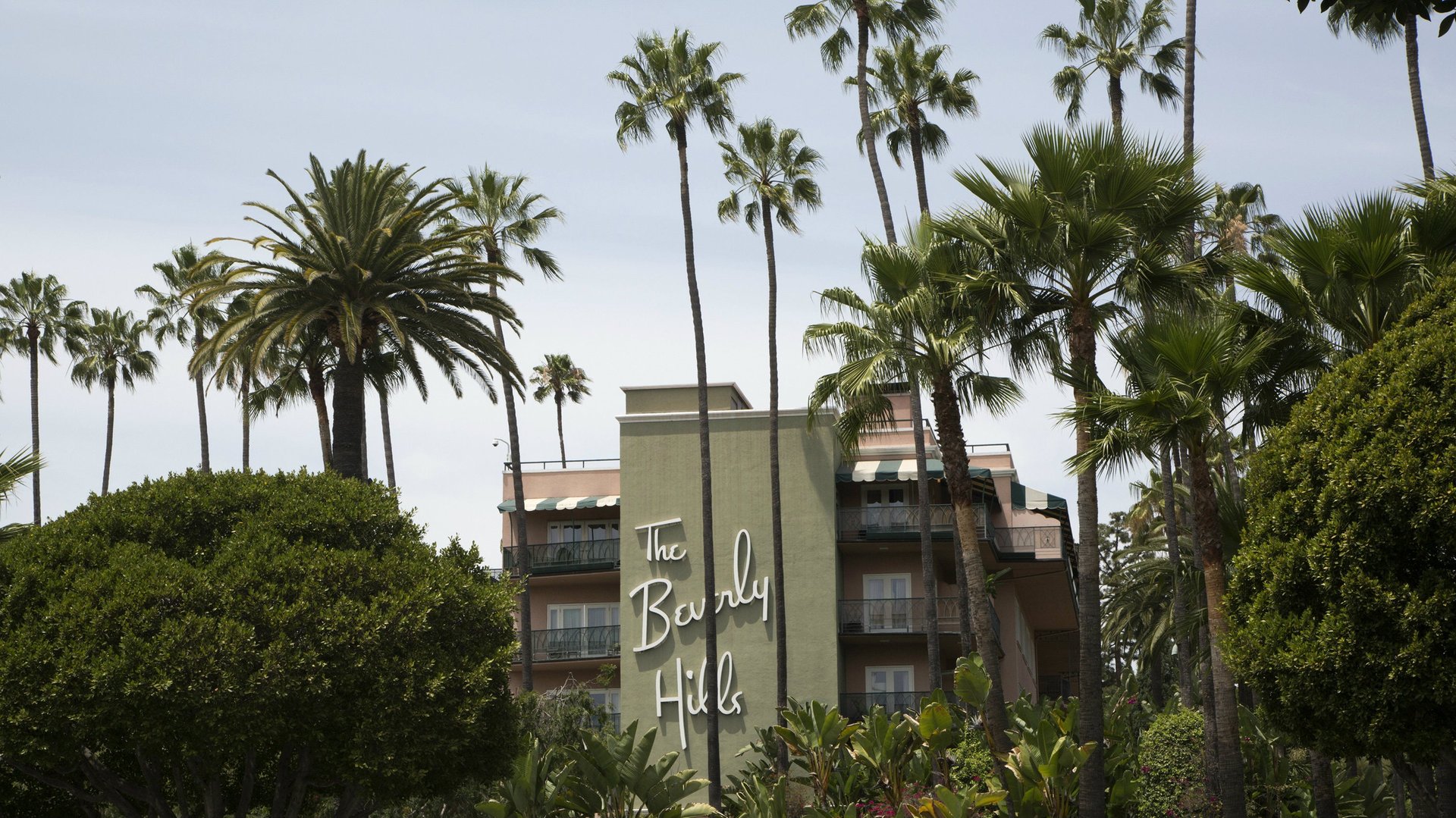George Clooney has helped revive an LGBTQ boycott of Brunei-owned luxury hotels
This week, the Sultan of Brunei, Hassanal Bolkiah, plans to begin enforcing a draconian interpretation of Sharia, including the death penalty by stoning for those convicted of gay sex or adultery. With the law set to go into effect on April 3, all eyes have been on the family of luxury hotels known as the Dorchester Collection, which are owned by the small southeast Asian nation’s government.


This week, the Sultan of Brunei, Hassanal Bolkiah, plans to begin enforcing a draconian interpretation of Sharia, including the death penalty by stoning for those convicted of gay sex or adultery. With the law set to go into effect on April 3, all eyes have been on the family of luxury hotels known as the Dorchester Collection, which are owned by the small southeast Asian nation’s government.
There are nine hotels in total, in Los Angeles, London, Paris, Milan, and Rome. Over the weekend, celebrities including George Clooney, Elton John, and Queer Eye‘s Bobby Berk called for a boycott of the properties, which are held by the Brunei Investment Agency, a sovereign wealth fund owned by the government. In particular, the Beverly Hills Hotel and the Hotel Bel-Air—LA locations which serve as popular hangouts for entertainment industry folk at venues like the Polo Lounge—are under scrutiny.
In response to the boycott, the hotel group released a statement saying, “Dorchester Collection’s Code emphasizes equality, respect and integrity in all areas of our operation, and strongly values people and cultural diversity amongst our guests and employees. Inclusion and diversity remain core beliefs as we do not tolerate any form of discrimination.” Quartz reached out to the Brunei Investment Agency and will update this post with any response.
If all this sounds familiar, it’s because we’ve been here before. It was just shy of five years ago when the Sultan first announced his plans to impose Sharia—a broad term for Islam’s legal framework that has starkly different interpretations from one Muslim country or community to another. The move prompted much outcry from the international community.
Back then, Jim Key was the chief marketing officer of the Los Angeles LGBTQ center. He was part of an original effort to boycott the properties, which included a full page ad in Variety that read “Don’t sleep with the Sultan” and garnered support from celebrities including Ellen Degeneres and Oprah Winfrey. But he says it didn’t take long for the attention to fade.
“It seems like it was less than a year and a half later when folks were having Oscar parties there, and celebrities had returned—even some of the staunchest LGBTQ allies and LGBTQ people,” Key told Quartz. “I just thought is it just the glamour and appeal of that hotel that people are willing to trade their principles for?”
Key—who is no longer with the Los Angeles LGBT Center, but is still an LGBTQ rights activist—says he supports this revival of the boycott, and is heartened to see celebrities speak up once again. But he pointed to criticism of the boycott from the likes of Bill Maher and Andrew Sullivan—who called it “chicken shit tokenism”—as proof that people still don’t understand the nature of the move. It’s not about punishing the hotel’s management or even affecting its bottom line, Key said, it’s about the symbolism.
“It’s not because we believe this is going to bankrupt the Sultan—it’s just taking a principled stand,” Key said. “It’s sad to think that it takes a boycott of expensive hotels to bring awareness to an issue like this—but if that’s what it does, then great.”